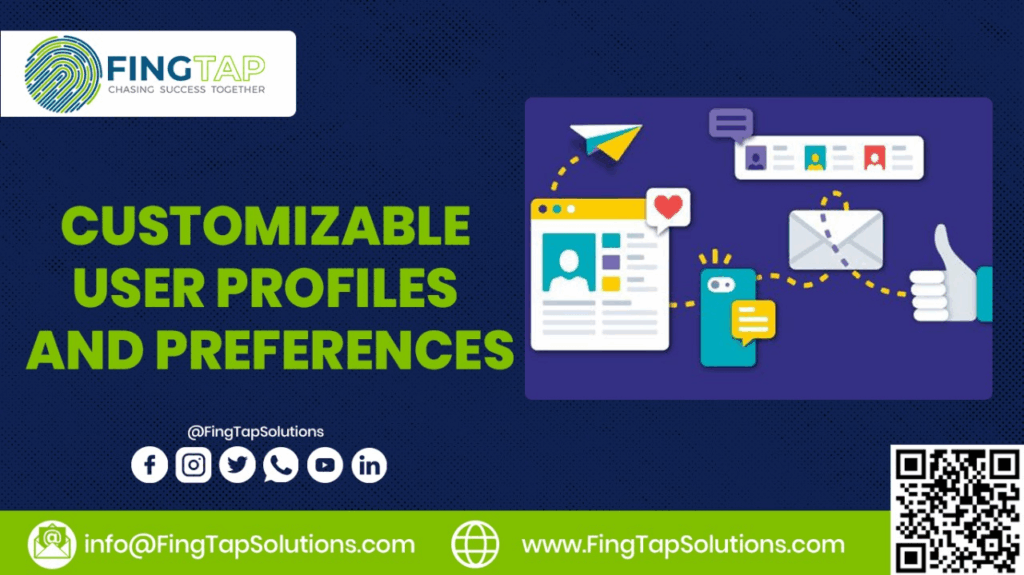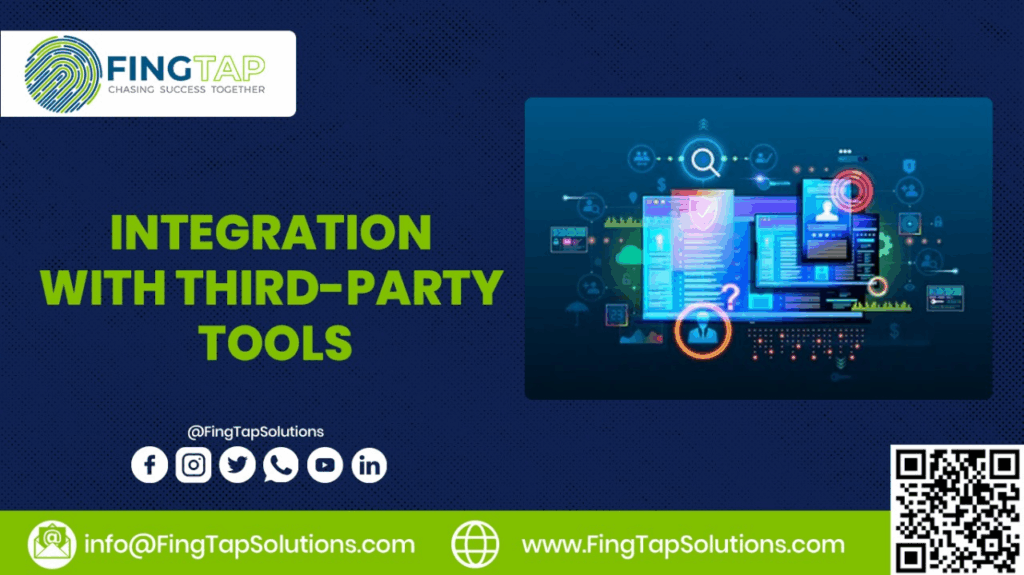Introduction:
In today’s digital era, learning management systems play a vital role in providing effective and engaging learning experiences. Modern LMS solutions to meet these needs offer a myriad of features designed to enhance usability, customization, security, and usability.
User-Friendly Interface:
A user-friendly interface is the cornerstone of any successful LMS, offering intuitive navigation and a user-friendly interface for administrators and learners. Intuitive dashboard layouts provide users with quick access to essential features such as course catalog progress tracking and communication tools by prioritizing usage and access.
Course Creation and Management Tools:
University course creation and management tools empower educators to effectively design and deliver quality learning experiences. These tools typically include content creation, design, scheduling, and progress-tracking features. Teachers can upload various multimedia content, such as progress videos and documents, to reinforce course content. Moreover, assessment tools enable the creation of quizzes, assignments, and tests to assess learner understanding and progress. Admins with strong administrative skills can manage courses, register students, set deadlines, and monitor learner performance for smooth course delivery and management.
Customizable User Profiles and Preferences:

Customizable profiles and preferences allow learners to personalize their learning experiences according to their preferences and needs. Fostering a sense of ownership and identity within the learning community Users personalize their profiles with profile pictures and personal details. Customize your profile. Learners can customize the platform to suit their individual needs and set preferences for course recommendations, notifications, and language settings. An LMS offers customization options. Increases engagement satisfaction and retention, ultimately contributing to a more personalized and impactful learning journey.
Secure Payment Processing:
Secure payment processing is essential for LMS platforms that offer paid courses or subscriptions, ensuring the governance and integrity of financial transactions by integrating with trusted gateways and encryption technology. Protect sensitive payment information and prevent unauthorized access or fraudulent activity. Consumers can shop with confidence knowing their payment details are protected from data breaches or cyber threats. Secure Payments Key processing increases the credibility and trust of the platform, attracts more users, and generates revenue through course sales or subscriptions.
Robust Analytics and Reporting Features:
Advanced analytics and reporting features empower administrators and educators to gain valuable insights into learner behavior, course payment, and overall engagement across platforms with key metrics such as course completion rates, estimated courses, and By tracking learner performance, stakeholders can assess the effectiveness of instructional content and identify areas for improvement. University reporting tools enable the generation of detailed reports and visualizations for data-driven decision-making and strategic planning. With actionable insights from analytics, administrators can optimize course content delivery dates and learning pathways to maximize the LMS’s impact on learner outcomes.
Integration with Third-Party Tools:

Integrated management with third-party tools and platforms extends LMS flexibility and teacher integration to meet the needs and preferences of learning materials, video conferencing software, content management systems, and popular tools such as productivity applications. Additional resources and features enhance the overall learning experience by providing access. Instructors can leverage external content-rich communication tools and collaboration platforms to complement course content and facilitate interactive learning experiences.
Mobile Compatibility:
Mobile compatibility is essential for modern LMS platforms that allow learners to access educational content anytime, anywhere, using their smartphones or tablets. A responsive design ensures how LMS Interface seamlessly adapts to different screen sizes and resolutions, making the future user experience on all devices Dedicated mobile devices further enhance application accessibility and convenience. Offline designs offer pre-notification and mobile-specific features. Whether travelling, or working remotely Learners who maximize flexibility and productivity in their learning journey can engage with course content, participate in discussions, and complete assignments on their mobile devices while enhancing.
Discussion Forums and Community Features:
Interactive discussion forums and community features promote knowledge sharing and social collaboration among learners within the LMS ecosystem. It enables strong collaboration and fosters a sense of community and collaboration. Discussion forms increase motivation, engagement, and retention among learners. Community features such as user profiles are active and message-accessible. Facilitate networking and relationship-building. Create a friendly and dynamic learning environment for personal and professional development.
Automated Notifications and Reminders:

Automated Notifications and Reminders Keep learners informed by providing alerts and reminders to keep learners informed and aware of course activities, deadlines, and announcements. Deadlines New course presentations and discussion-based activities Personalized notifications based on user preferences and activity ensure relevance and effectiveness, encouraging learners to stay on track with their learning goals. Quality ends By reducing risk and increasing communication opportunities, self-reports make for a more structured, productive, and engaging learning experience for users.
Multi-Language Support:
Multi-Language Support Text Ease ensures inclusion and accessibility for learners from diverse backgrounds, allowing them to engage with course content in their preferred language. An LMS with multilingual capabilities for a global audience All-per-interface delivers course content and communication while meeting preferences. Whether special learners are native speakers or non-native speakers of a primary language Multilingual support increases retention and engagement in understanding course content. By breaking down barriers and promoting cultural tensions, promotes a more inclusive, equitable, and productive learning environment for all users.
Conclusion:
Finally, an advanced learning management system incorporates a variety of features designed to greatly enhance usability, customization, security, and interactive learning in one place by prioritizing seamless design, workflow, and organization. Teaching experience gives popular confidence and empowers you to achieve your academic rewards effectively in all scenarios.
FAQs
What is a learning management system?
A learning management system is a software application or platform designed to facilitate the creation, management and delivery of educational content and structured programs.
How LMS Websites Benefit Educators?
An LMS website benefits educators by providing them with the tools to efficiently organize and deliver educational content.

